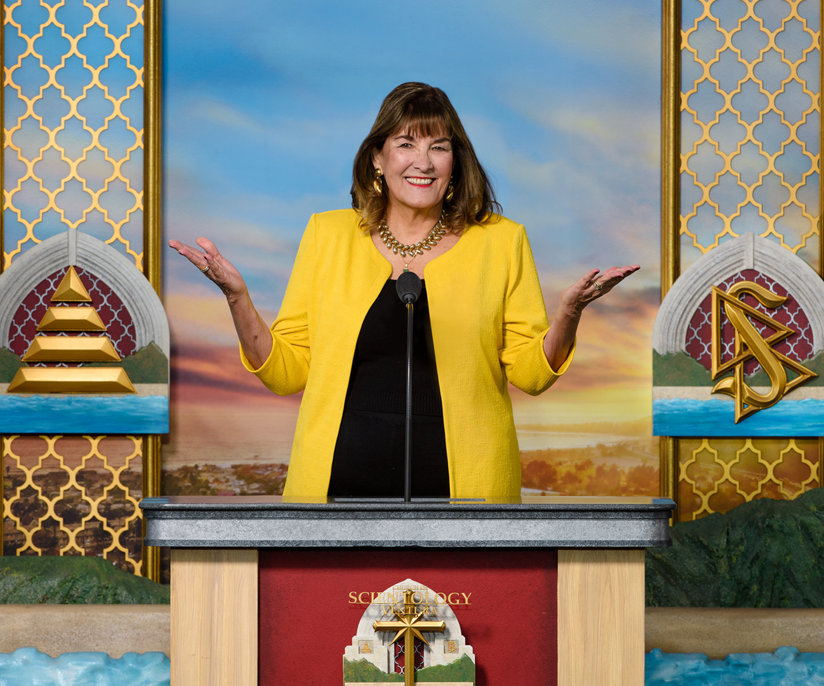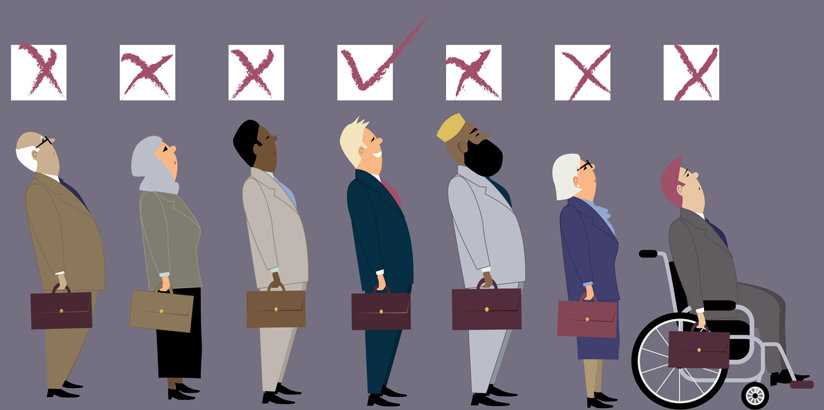
-
HOME
-
WHAT IS STANDOur Mission Our Values Our Help Contact
-
WHAT WE FIGHT FORReligious Freedom Religious Literacy Equality & Human Rights Inclusion & Respect Free Speech Responsible Journalism Corporate Accountability
-
RESOURCESExpert Studies Landmark Decisions White Papers FAQs Religious Freedom Resource Center Priest-Penitent Privilege Islamophobia Freedom of Religion & Human Rights Topic Index
-
HATE MONITORBiased Media Propagandists Hatemongers False Experts Hate Monitor Blog
-
NEWSROOMNews Media Watch Videos Blog
-
TAKE ACTIONCombat Hate & Discrimination Champion Freedom of Religion Demand Accountability
“But She’s a Scientologist”—Antireligious Bigotry on Slashfilm.com
I read an article recently on Slashfilm.com about a friend of mine, a lovely and talented actress who, in her spare time, has been doing some incredible volunteer work, bringing human traffickers to justice—an activity that takes a lot of compassion, not to mention guts.
In the article, the author, Hoai-Tran Bui, while praising the actress’ heroic actions assisting in tracking and apprehending child predators, felt obliged to throw shade on her. The reason? Her religion.

According to this young journalist, any exceptional quality or selfless act an artist displays, even as they confront scum-of-the-earth child molesters—is diminished by the fact that they happen to be a Scientologist.
I’ve seen this kind of comment pop up in several articles in the past.
Look, Scientology has been around for more than a minute. In fact, it was established as a religion in 1954. I’m 61. That’s 5 years before I was born, for cryin’ out loud.
Its religiosity has been examined, verified and confirmed again and again by top religious scholars, government officials and courts in countries around the world.
Scientology was the way he chose to help himself and his friends, because he knew it was more effective than anything else he had ever encountered in a lifetime full of honest search.
Scientology has also been tested exhaustively by international bodies and, here in my home, even the IRS in a review which lasted years, and was found, again and again, to be no more and no less than exactly what it says it is: a religion dedicated to “a civilization without insanity, without criminals and without war, where the able can prosper and honest beings can have rights, and where Man is free to rise to greater heights.”
And yet some feel obliged to throw shade on people who have dedicated themselves to these noble goals, and who are actively doing something about them.
What’s the deal?
Well, after nearly 40 years as a member of the Church of Scientology, it would be kind of silly if I didn’t have my own opinion.
I’ve found that the kind of people who casually say, “Oh, sure, he’s a really nice guy, but he’s a Scientologist” (or variations on that sentiment) just aren’t very interested in other people.
They possibly aren’t even very interested in themselves.
Let me see if I can explain.
I came into Scientology in 1983 basically because I was worried. I was worried about myself, mainly. I was worried because I couldn’t sort out all my problems and saw them multiplying. I was worried about my mood swings. I was worried that I wouldn’t achieve what I felt I had the potential to achieve as an artist. I was worried about my future as a human being.

to speak about how the Church and its members champion human rights.
When one of my very best friends started studying Scientology back in 1981, I didn’t react by parroting things I had heard about this new religion.
I knew him to be a brilliant person in whose perspective I placed trust. He was quite competent and accomplished in his field and very, very kind to me and to others.
So, I assumed that there must be something to Scientology, if such a thoughtful guy had judged it worthy of his time.
My friend, among his many characteristics, was a real “people person.” He would spend literally hours talking with a student or a new acquaintance, and that person frequently came away with new, life-changing understandings. And this was before he studied Scientology. Afterwards, he was an even bigger positive influence, and a more powerful artist.
The best people I know, Scientologist or not, are people that care about people.
My friend was interested in life, in what made people tick. And he knew how to help people. Scientology was the way he chose to help himself and his friends, because he knew it was more effective than anything else he had ever encountered in a lifetime full of honest search.
Had he heard or read propaganda about our religion? Undoubtedly. Why did he continue to study and practice it? The same reason, I venture to guess, that I do: he discovered the propaganda was false and motivated by greed and, most of all, he discovered, as millions have, that Scientology helps.
How do I know?
Well, it certainly helps me. It helps me with my family, with my business, with my health, with my art, with my few worries. (Yes, I do still have worries, but they are now far from the insignificant, illusory worries that I used to be plagued by. And for every worry I have today, I have definite actions I am engaged in that will one day solve those broad, long-term worries that now have very little to do with me as an individual person, but with the broader fields of my society, my culture, our planet.)

I, too, have become a person interested in other people. I wasn’t before Scientology—not really. I was far too distracted by my own personal confusions and concerns, my apprehensions and insecurities, to be able to muster any genuine interest in others.
That condition of personal confusion and insecurity is also the mindset of people like the author of that slighting comment about my compassionate friend the actress. Those who feel they must belittle altruistic or successful individuals are merely advertising their inability to understand others, or even themselves, and their unwillingness, in this undiscerning state, to even try.
Sadly, instead of seeing a decent act for what it is, they are driven to parroting irresponsible opinions of some wretched tabloid or some raving talking head rather than applying, if not due diligence, at least tolerance and good manners, acknowledging a person’s selfless act without a smear.
The best people I know, Scientologist or not, are people that care about people, that like people, and that understand that all people are fundamentally on the same broad path, albeit following different routes—a path toward greater understanding of our place in the universe and how to improve conditions of life for ourselves and our friends.









